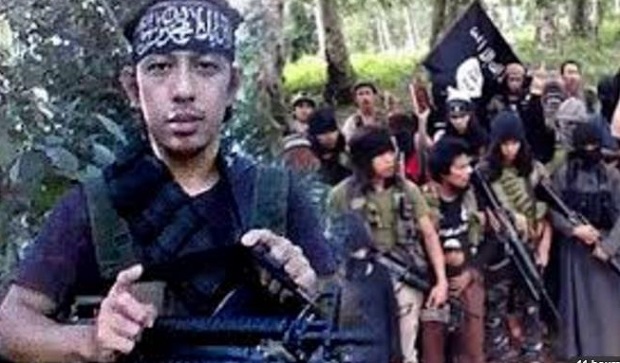A terrorist commander, believed to have played a key role in the 2015 beheadings of two Canadians in the Philippines, was killed in a battle with government troops.
A statement from the Armed Forces of Philippines said Muammar Askali alias Abu Rahmi was among six members of the Muslim terror group Abu Sayyaf who were killed during a gun battle with soldiers in a coastal village in the southern island of Bohol.
Armed Forces of the Philippines (AFP) chief Gen. Eduardo Año said Askali was identified by captured Abu Sayyaf members from a picture that soldiers took of the rebel commander after he was killed. It was learned that the militants slipped into Bohol onboard three motorboats on Monday night before their encounter with the soldiers.
Related Content
Philippine police says second severed head belongs to hostage Robert Hall
Trudeau says no to paying ransom to terrorists
Mounties to probe Ridsdel murder, Philippine general quits over hostage situation
Año told the Philippine online news site InterAksyon.com that Askali’s death was “a major blow to the Abu Sayyaf.”
“The Abu Sayyaf must think twice, our security forces are working challengingly and effectively as they thwarted their plans to sow terror in the area,” he said. “I can declare that the threat is over successfully after the siege in Brgy. Napo, Inabanga, Bohol although we are still pursuing some of the remnants of the groups, our assault them continues to scour the area.”
The top ranking Filipino officer said Askali was involved in the beheading of Canadians John Ridsel and Robert Hall in 2016. They two men, along with Hall’s Filipina girlfriend Marites Flor and Norwegian Kjartan Sekkinstad, were captured and held hostage by the Abu Sayyaf.
The militant group demanded $8.1 million for their release. The Trudeau government takes a tough stance against terrorist kidnappings and does not pay ransom. The two men were eventually killed by their captors after the deadlines for their respective ransom run out.
Askali is also being linked to the killing of and German tourist Jurgen Kantner in February this year. The 70-year-old was captured by the Abu Sayyaf who wanted $2.1 million in ransom for his release. Kantner was beheaded when the deadline for his ransom passed.
The Abu Sayyaf is listed by the United States and Canadian governments as a terrorist organization responsible for bombings, kidnappings for ransom and beheadings. The group is holding at least 29 captives in Sulu’s jungles, many of them foreign tugboat and cargo ship crewmen seized in the seas surrounded by southern Philippines, Malaysia, and Indonesia, according to the Canadian Press.

